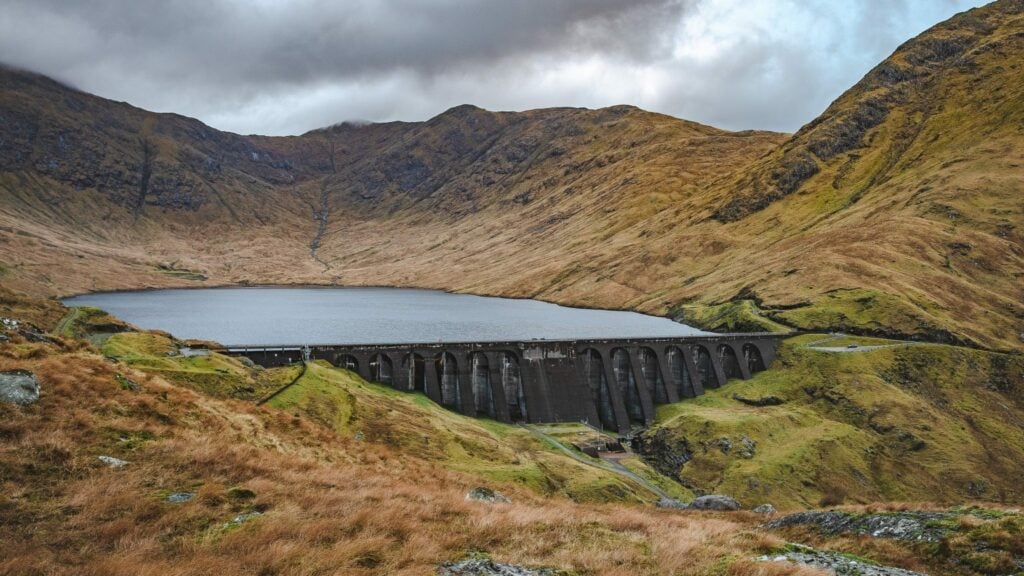
Research by market consultancy Cornwall Insight has revealed that a ‘policy vacuum’ for long-duration energy storage (LDES) technologies now threatens Ireland’s renewables potential.
According to the firm’s Review of deployment of long-duration energy storage in the electricity sector in Ireland report, limited financial incentives, a lack of clear targets, and market design limitations are all hindering the development of LDES technologies.
LDES, for example, is seen as key to balancing the grid’s growing renewable generation, like wind, over multiple days rather than just hours once their share of loads hits a critical mass. As such, the technology is seen as a crucial component of net zero.
The report cautions that without an increase in LDES rollout and deployment speed, Ireland could fall short of its 2030 renewables target, aiming to increase the share of electricity generated from renewable sources up to 80%.
For this 2030 scenario, it is estimated that LDES capacity will need to reach 2.4GW. At present there is only 0.29GW of LDES on the Irish grid, all coming from a pumped storage hydro (PSH) asset operational at Turlough Hill. Another 0.36GW of PSH is planned at Silvermines in Tipperary.

Challenges facing LDES rollout
Cornwall Insight’s report details several challenges facing the rollout of LDES technologies. The high capital costs of LDES require as much revenue certainty as possible, but a lack of clear policy hinders this.
As such, in many cases, LDES is unable to fully participate in existing revenue streams due to regulatory and market design limitations. Cornwall Insight argues that it is crucial to develop specific targeted revenue streams to unlock the potential and meet the need for LDES in Ireland.
Ratnottama Sengupta, senior consultant at Cornwall Insight: “The growth in long-duration energy storage in Ireland has been sluggish at best and downright poor at worst. As Ireland forges ahead in its transition to a renewables-dominated electricity system, flexibility assets, such as LDES, will become key to adding resilience and security to our electricity system when the wind doesn’t blow and the sun doesn’t shine. The SEM is currently missing a key part of the sustainable energy puzzle.
“While there are some actions being taken to procure LDES by EirGrid and ESB Networks, there is a lack of cohesion and it is a slow process. We need to see the government take a more proactive role in developing policy, fostering clarity, and providing incentives to build these storage assets. Without these changes, Ireland risks falling short on its renewable energy goals.”
GB LDES consultation will see ‘major decisions’ made
LDES is equally important for the country’s net zero goals in the Great British energy market. Because of its importance, the government initiated a consultation into the technology and how it could be supported. The House of Lords Science and Technology Committee stated in March that “major decisions about future energy infrastructure” would need to be made.
The organisation’s Long-duration energy storage: get on with it report highlighted that the government must “act fast” to ensure LDES technologies can scale up and contribute to the decarbonisation of the electricity system with this target a mere 11 years away.

